News

Mar 04, 2021
Undergraduate Research Award Funds Pollinator Photo Project
Darya Alvarez completed a photography project funded by an Apes Valentes Undergraduate Research Award. Her goal is to help viewers gain a greater appreciation of the critical role that bees play in the survival of terrestrial ecosystems.
Full Article
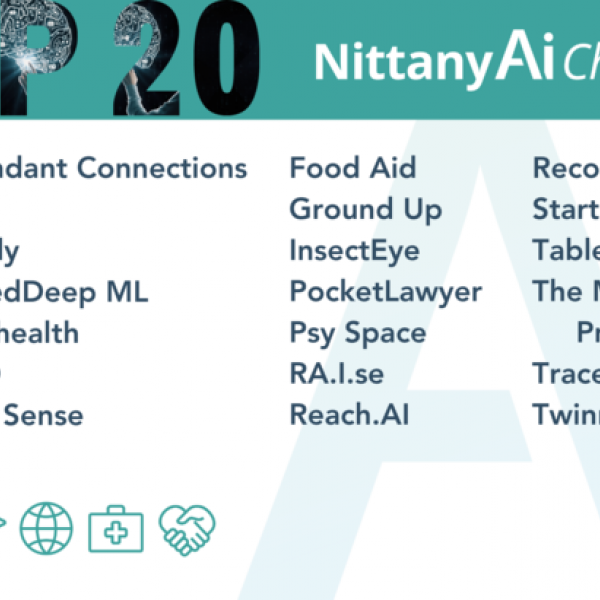
Mar 22, 2021
InsectEye team, which includes IBC Fellow Mathis, is selected to compete in Nittany AI Challenge!
Twenty Penn State teams with students from seven different colleges and six campuses, including for the first time Penn State World Campus, will each be awarded $500 to compete in the Prototype Phase of the 2021 Nittany AI Challenge.
Full Article
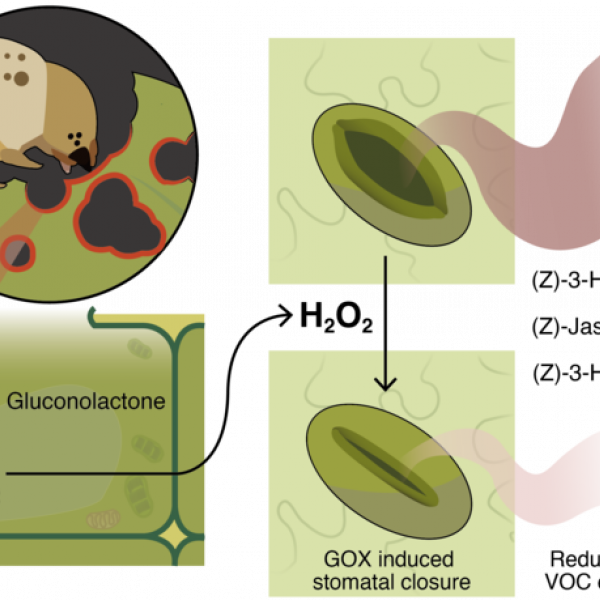
Feb 18, 2021
Silencing the alarm
An enzyme in the saliva of certain insects prevents their food plants from warning neighboring plants of an attack.
Full Article
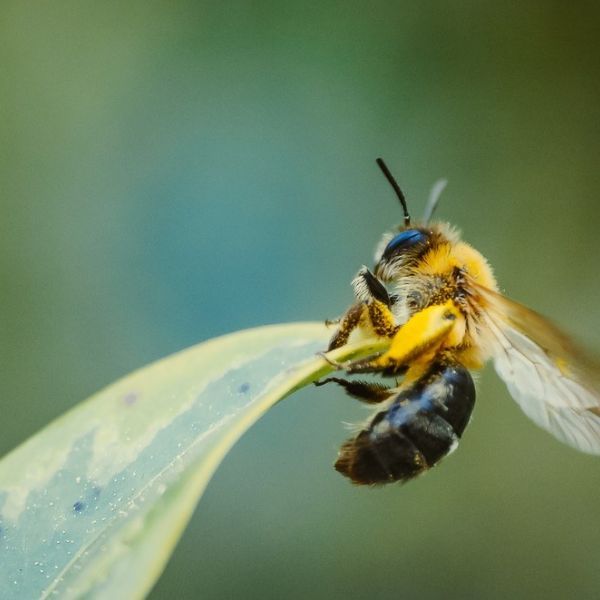
Feb 04, 2021
The business of bees
The economic value of insect pollination services is much higher than previously thought in the U.S., new research finds.
Full Article
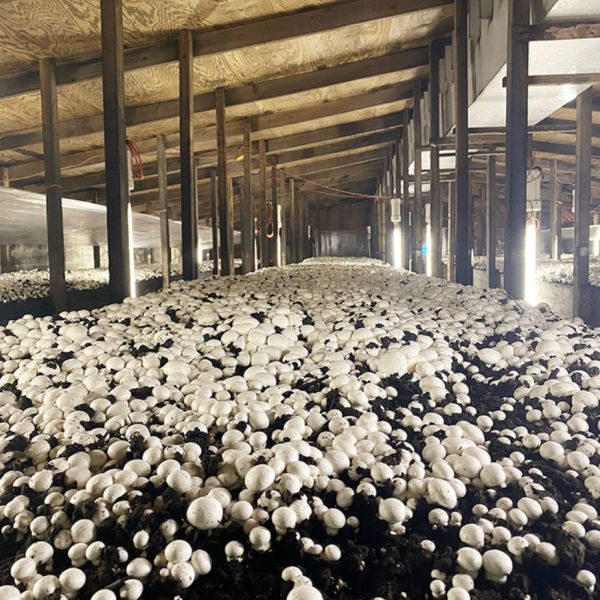
Feb 03, 2021
Penn State entomologists devise a system to control mushroom phorid flies
Working with producers, researchers develop method to give beleaguered residents relief from pest
Full Article
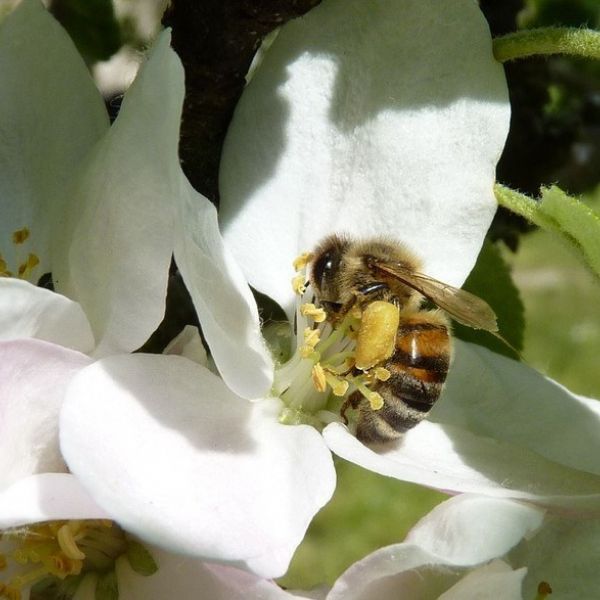
Feb 02, 2021
Summer weather conditions influence winter survival of honey bees
Winter survival of honey bee colonies is strongly influenced by summer temperatures and precipitation in the prior year, according to Penn State researchers, who said their findings suggest that honey bees have a "goldilocks" preferred range of summer conditions outside of which their probability of surviving the winter falls.
Full Article
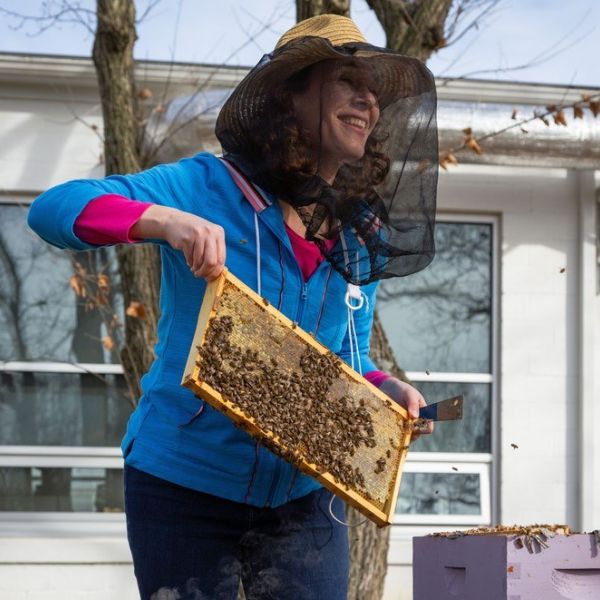
Jan 22, 2021
Grozinger receives National Academy's Prize in Food and Agriculture Sciences
Christina Grozinger, Publius Vergilius Maro Professor of Entomology in Penn State's College of Agricultural Sciences, will be honored by the National Academy of Sciences for helping the world understand how to address the crisis of global declines in pollinator populations.
Full Article
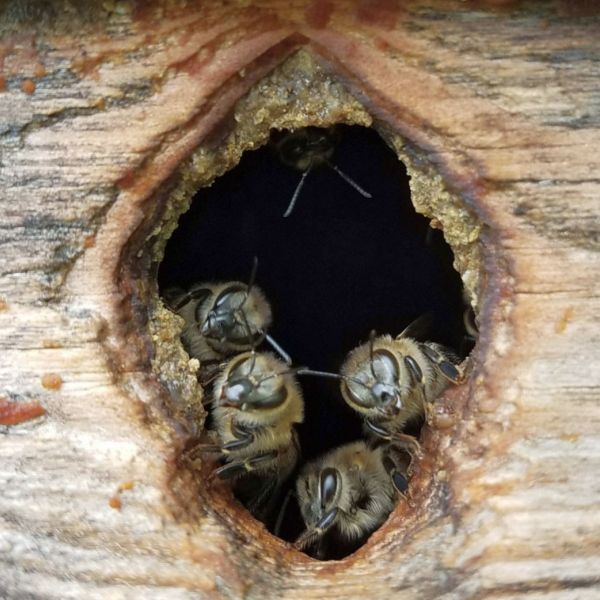
Jan 20, 2021
Feral colonies provide clues for enhancing honey bee tolerance to pathogens
Understanding the genetic and environmental factors that enable some feral honey bee colonies to tolerate pathogens and survive the winter in the absence of beekeeping management may help lead to breeding stocks that would enhance survival of managed colonies, according to a study led by researchers in Penn State's College of Agricultural Sciences.
Full Article
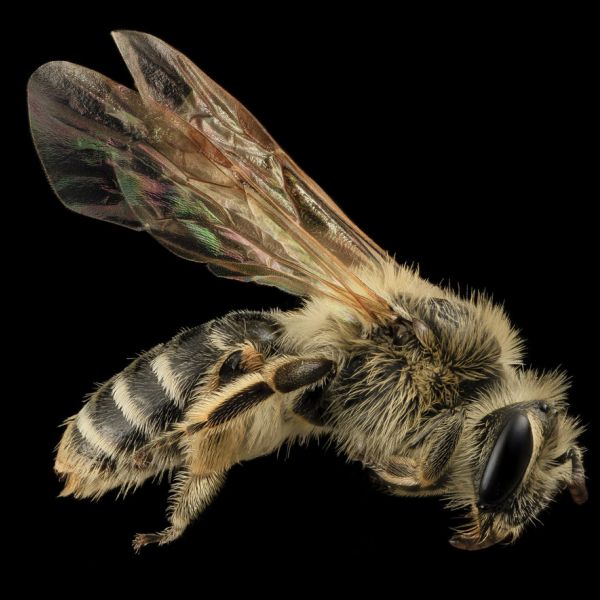
Jan 12, 2021
Climate change reduces the abundance and diversity of wild bees, study finds
Wild bees are more affected by climate change than by disturbances to their habitats, according to a team of researchers led by Penn State. The findings suggest that addressing land-use issues alone will not be sufficient to protecting these important pollinators.
Full Article
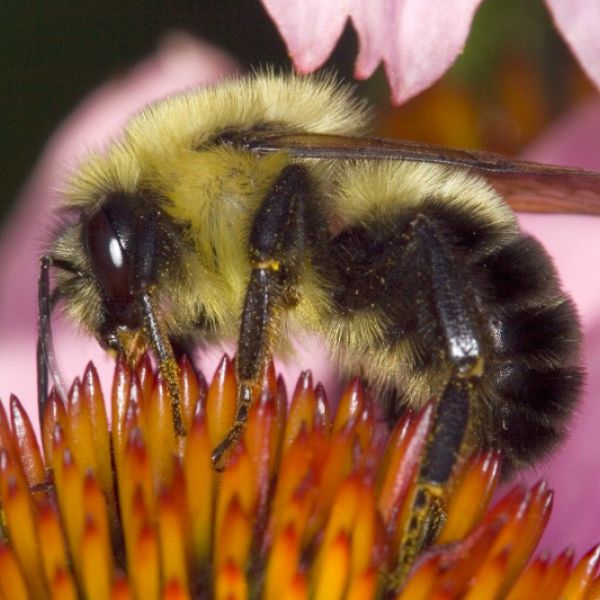
Dec 22, 2020
Study: Bumble bees lacking high-quality habitat have higher pathogen loads
Findings could inform management practices aimed at conserving wild bee populations
Full Article